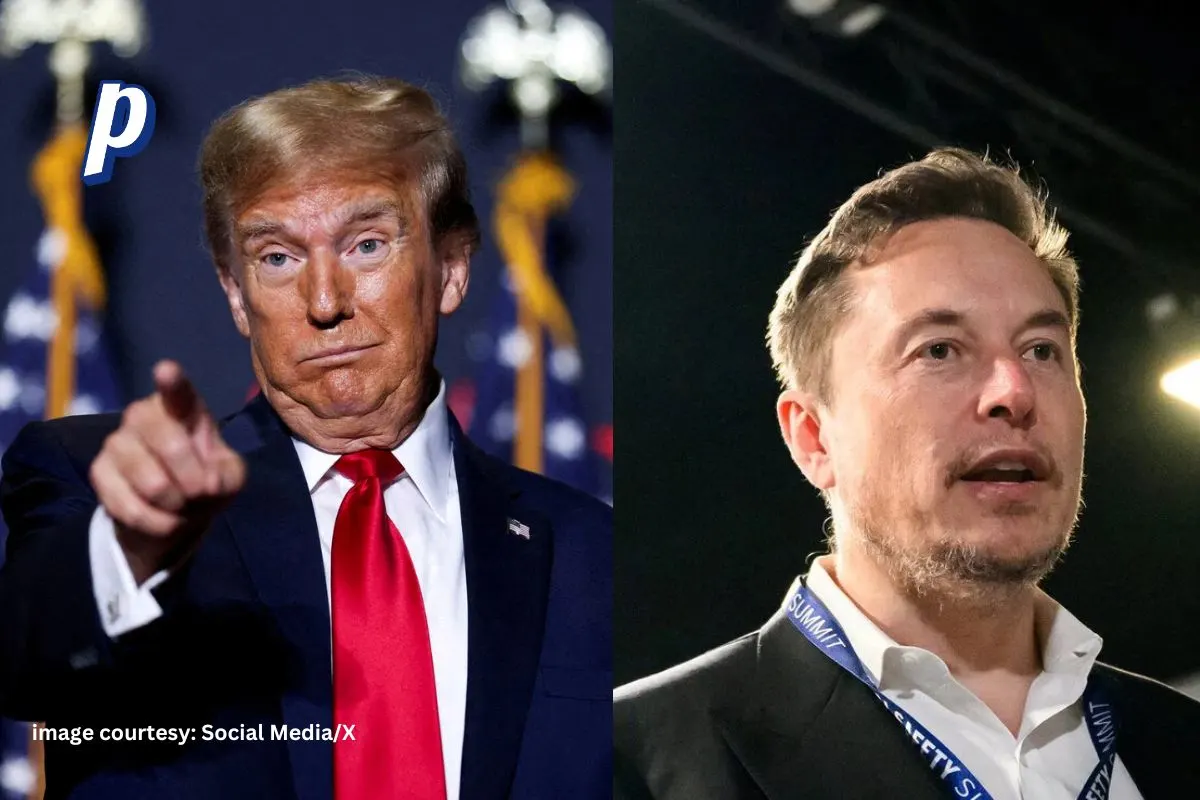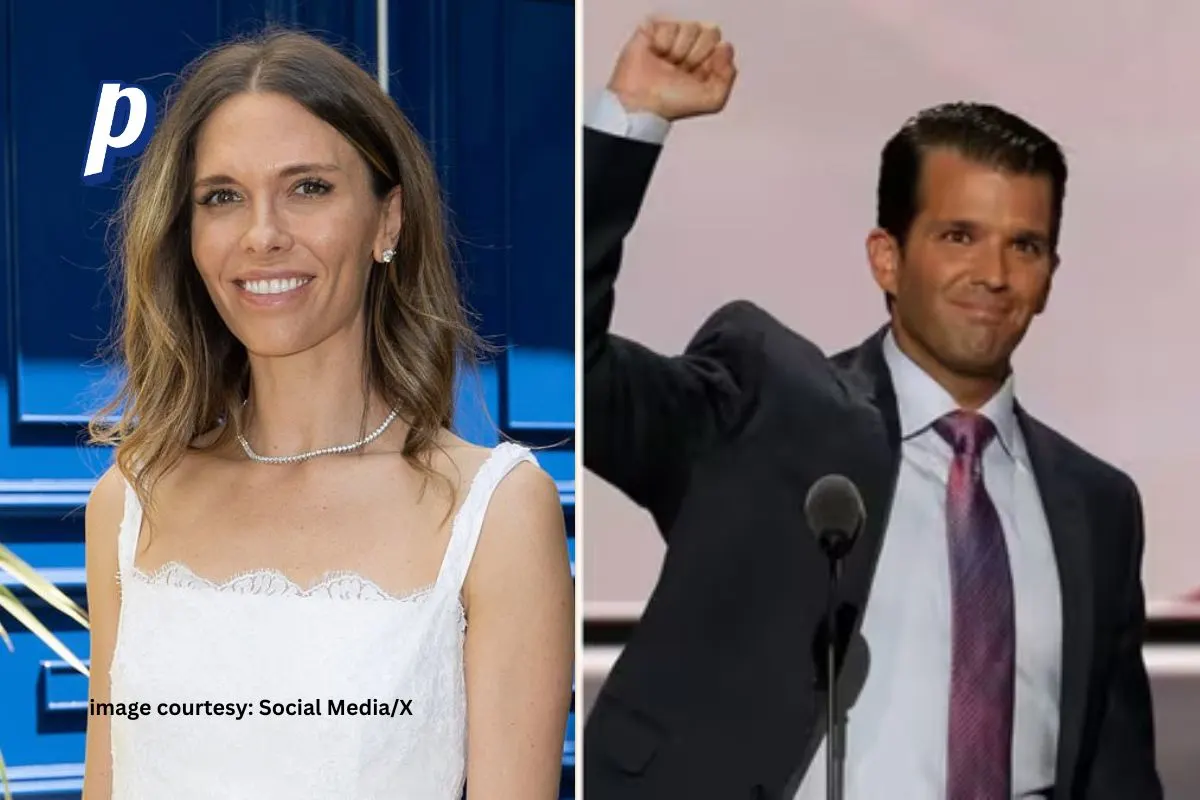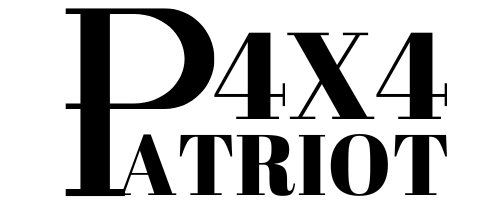Explore the rising prominence of Indian-Americans in the U.S., their parallels with Jewish-American experiences, and the ensuing tensions with segments of Donald Trump’s support base over immigration and cultural integration.
In recent years, Indian-Americans have emerged as a prominent and influential community within the United States, paralleling the historical trajectory of Jewish-Americans in terms of socio-economic success and political engagement. This ascent, however, has elicited mixed reactions, particularly among certain factions of Donald Trump’s support base. The friction centers on issues of immigration, economic competition, and cultural integration, leading to a complex dynamic between Indian-Americans and segments of the “Make America Great Again” (MAGA) movement.
Read more: Vivek Ramaswamy: America-First means America’s in first place, Loving the open debate (watch video)
The Rise of Indian-Americans in the U.S.
Indian-Americans represent one of the fastest-growing immigrant groups in the United States. According to the U.S. Census Bureau, the Indian-American population has more than doubled over the past decade, with significant concentrations in states like California, Texas, and New Jersey. This demographic is distinguished by high educational attainment and median household income, often surpassing national averages. Such achievements have facilitated their entry into sectors including technology, medicine, academia, and politics.
Politically, Indian-Americans have become increasingly active. The 2024 U.S. Presidential Election saw approximately 60% of Indian-American voters supporting Democratic nominee Vice President Kamala Harris, herself of Indian descent, while about 30% favored former President Donald Trump. This represents a modest shift from previous elections, indicating a growing diversity of political affiliations within the community.
Points of Contention with Trump Supporters
The friction between Indian-Americans and certain Trump supporters primarily revolves around immigration policies and economic competition. The H-1B visa program, which permits U.S. companies to employ foreign workers in specialty occupations, has been a focal point. Indian nationals constitute a significant proportion of H-1B visa holders, leading to perceptions among some Trump supporters that these immigrants are displacing American workers and suppressing wages.
This sentiment was exemplified by the backlash against Sriram Krishnan, an Indian-American venture capitalist appointed as a senior policy advisor in the Trump administration. His appointment drew criticism from MAGA supporters, who questioned his immigrant status and expressed concerns over the influence of foreign-born individuals in American politics.
Comparisons to Jewish-American Experiences
The trajectory of Indian-Americans bears resemblance to that of Jewish-Americans, another immigrant group that achieved rapid socio-economic success and faced scrutiny over dual loyalties and cultural integration. Both communities have navigated the complexities of maintaining cultural identities while assimilating into American society, often becoming subjects of xenophobic rhetoric during periods of economic or social tension.
Historically, Jewish-Americans encountered suspicion and prejudice, particularly during times of national stress. Similarly, Indian-Americans now find themselves at the center of debates over immigration and national identity, with their successes sometimes breeding resentment among those who perceive them as economic competitors or cultural outsiders.
The Role of Tech Industry Leader
Prominent figures in the technology sector, such as Elon Musk, have defended the contributions of immigrant workers, including Indian-Americans, emphasizing their role in driving innovation and economic growth. Musk’s support for the H-1B visa program and his appointment of individuals like Sriram Krishnan have sparked debates within the MAGA movement, highlighting a rift between pro-immigration tech leaders and immigration hardliners.
This divide underscores the tension between the need for skilled labor in the tech industry and the nationalist sentiments prevalent among certain Trump supporters. While tech leaders advocate for merit-based immigration to attract top global talent, some factions within the MAGA movement view such policies as detrimental to American workers.
Cultural Integration and Identity
The integration of Indian-Americans into the broader American cultural fabric has been met with both acceptance and resistance. While the community has made significant strides in various professional fields, their growing visibility has also led to instances of xenophobia and racism. The backlash against appointments like that of Sriram Krishnan reflects underlying tensions regarding the place of immigrants in American society and the preservation of national identity.
Read more: Focus on Domestic Talent: Why H-1B Isn’t the Solution for America’s Workforce
These challenges mirror those faced by Jewish-Americans in the past, who balanced the maintenance of their cultural and religious practices with pressures to assimilate. Both communities have had to navigate stereotypes and prejudices while contributing significantly to the nation’s socio-economic landscape.
The evolving dynamics between Indian-Americans and segments of Donald Trump’s support base highlight broader debates over immigration, economic competition, and cultural identity in the United States. As Indian-Americans continue to ascend socio-economically and politically, they encounter challenges reminiscent of those faced by Jewish-Americans in earlier eras. Addressing these tensions requires a nuanced understanding of the contributions of immigrant communities and a commitment to fostering inclusive dialogues that bridge divides rather than widen them.










